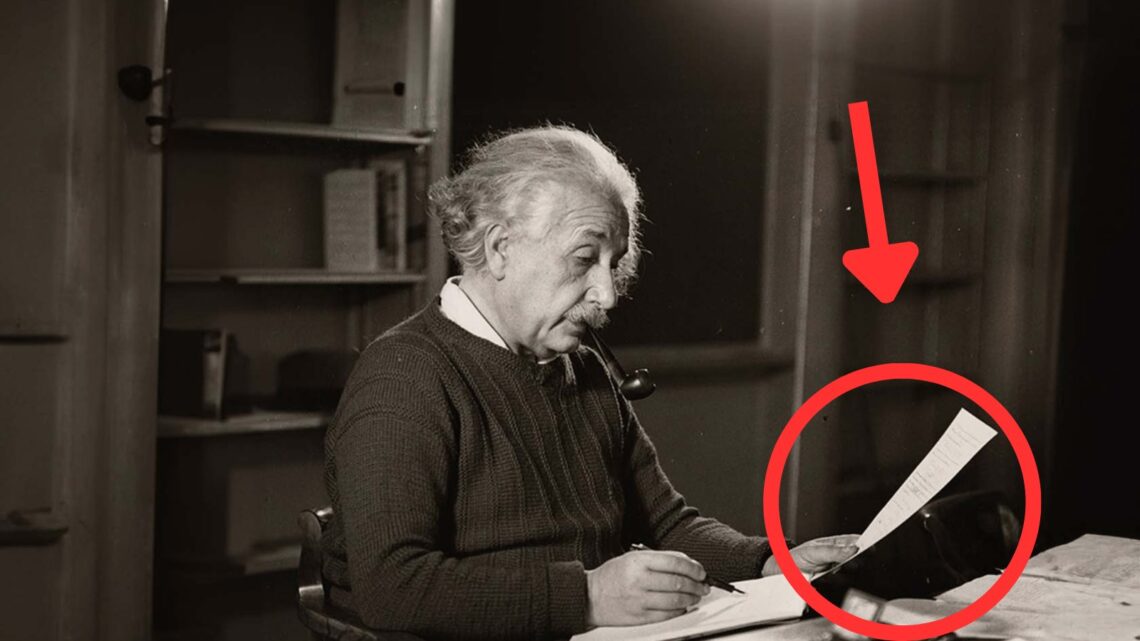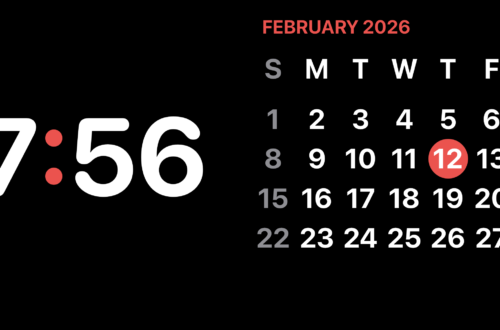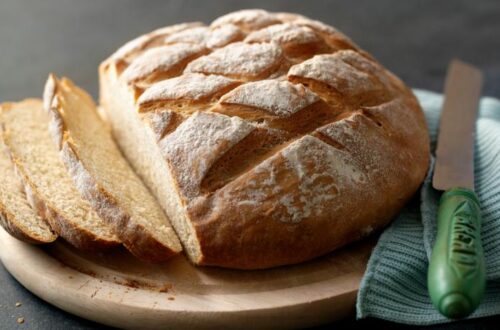In 1935, Albert Einstein, then at Princeton’s Institute for Advanced Study, was tasked with identifying young physicists who could help advance the frontiers of science. Officially, Einstein is famously—or infamously—credited with having no doctoral students under his guidance, leaving his mathematical and intellectual genealogy a curious anomaly. However, a closer look at his time at Princeton reveals that he did, in a sense, cultivate a cohort of intellectual disciples, using an unconventional method to identify collaborators.
Einstein’s office was modest—a desk, a chalkboard, and an unusual collection of deliberately “wrong” physics papers. These flawed solutions to famous problems were the centerpiece of Einstein’s remarkable process for selecting collaborators. Candidates were asked to solve a well-known physics problem, after which Einstein presented them with one of his “wrong” papers. Their task wasn’t to correct the errors, but to react in a way that revealed their intellectual character.
Many candidates, though brilliant, took a conventional approach: they identified the flaws, cited the violated principles, and confidently dismissed the incorrect solutions. Einstein thanked them politely but never invited them back. For him, the ability to spot errors wasn’t the mark of a great thinker.
A select few, however, responded with fascination rather than dismissal. They would immerse themselves in the flawed solutions, asking, “What if this were true?” These candidates exhibited the ability to explore the implications of seemingly impossible ideas. Einstein called this mindset “productive confusion”—the willingness to embrace unconventional thinking and entertain the absurd. For Einstein, this was the hallmark of true genius.
Through this process, Einstein indirectly mentored a group of extraordinary individuals who became de facto extensions of his intellectual legacy. John Wheeler, one of his early selections, spent hours grappling with an incorrect quantum mechanics solution. Later, he went on to pioneer black hole physics and quantum information theory. Robert Oppenheimer, similarly inspired by Einstein’s “wrong” papers, went on to lead the Manhattan Project and revolutionize quantum field theory. These disciples, though not formally his students, carried forward his philosophical and scientific ideals, creating a unique intellectual lineage.
And here’s where the story gets personal. Through Wheeler, Einstein’s intellectual lineage is far from lost. Wheeler mentored Charles Misner (Princeton PhD 1957), who in turn mentored Vincent Moncrief (Maryland PhD 1972). Moncrief, as fate would have it, was my doctoral adviser at Yale (Yale PhD 2015). By this quirky intellectual genealogy, I too can trace my lineage back to Einstein, which is an amazing privilege. All glory to God!
아인슈타인의 독특한 제자 선택법
1935년, 알베르트 아인슈타인은 프린스턴 고등연구소에서 과학의 경계를 확장할 수 있는 젊은 물리학자를 발굴하라는 임무를 맡게 되었습니다. 공식적으로 아인슈타인은 박사 지도교수로 제자가 하나도 없었던 것으로 잘 알려져 있습니다. 그러나 그의 프린스턴에서의 시간을 자세히 살펴보면, 그는 사실상 지적 제자들의 집단을 형성하며 그들의 사상과 연구를 깊이 영향을 미쳤음을 알 수 있습니다. 독특한 방법을 통해 협력자를 선택했던 그는, 존 휠러와 로버트 오펜하이머 같은 과학적 혁명가들을 사실상 자신의 제자로 삼았던 것입니다.
아인슈타인의 사무실은 소박했습니다. 책상, 칠판, 그리고 특이하게도 고의로 “틀린” 물리학 논문들이 가득했습니다. 잘못된 해법을 담은 이 논문들은 아인슈타인의 특별한 협력자 선발 과정의 핵심 도구였습니다. 그는 지원자들에게 전형적인 물리학 문제를 내주고 풀이를 지켜본 후, 이 틀린 논문들 중 하나를 보여주었습니다. 지원자들이 보인 반응은 그들의 지적 성향을 보여주는 중요한 단서가 되었습니다.
대부분의 지원자들은, 비록 매우 뛰어난 인재들이었지만, 전통적인 반응을 보였습니다. 오류를 찾아내고, 위반된 원칙들을 지적하며, 잘못된 해법을 자신 있게 산산조각 냈습니다. 아인슈타인은 그들에게 정중히 감사 인사를 전했지만, 다시 부르지는 않았습니다. 그에게 있어 단순히 오류를 찾아내는 능력은 위대한 사상가의 기준이 아니었습니다.
하지만 소수의 특별한 지원자들은 전혀 다른 반응을 보였습니다. 그들은 잘못된 해법에 매료되었고, 이를 간단히 기각하지 않았습니다. 오히려 “만약 이것이 사실이라면 어떻게 될까?”라는 질문을 던지며 이 불가능해 보이는 아이디어를 탐구하기 시작했습니다. 아인슈타인은 이를 “생산적인 혼란”이라고 불렀습니다. 이는 고정관념을 깨고 비상식적이라 여겨지는 생각조차 진지하게 탐구할 수 있는 용기를 의미합니다. 아인슈타인은 바로 이런 태도를 천재성의 진정한 표식으로 여겼습니다.
이 과정을 통해 아인슈타인은 자신의 지적 유산을 이어갈 수 있는 비공식적인 제자들을 길러냈습니다. 존 휠러는 초기 선택된 인물 중 한 명으로, 잘못된 양자역학 해법에 대해 몇 시간을 고심하며 결국 블랙홀 물리학과 양자정보이론을 개척하게 되었습니다. 마찬가지로 로버트 오펜하이머는 아인슈타인의 “틀린” 논문에서 영감을 받아 맨해튼 프로젝트를 이끌고 양자장 이론을 혁신적으로 발전시켰습니다. 이 제자들은 비록 공식적인 박사 제자들은 아니었지만, 아인슈타인의 철학과 과학적 이상을 이어받았으며, 아인슈타인의 지적 계보는 결코 사라지지 않은 것입니다.
그리고 여기에서 이야기는 저와 연결됩니다. 휠러는 찰스 미스너를 지도했으며 (프린스턴 1957년 박사학위), 미스너는 빈센트 몽크리프를 지도했습니다 (매리랜드 1972년 박사학위). 그리고 몽크리프는 제가 예일대학교에서 박사 과정을 지도받은 교수님이셨습니다 (예일 2015년 박사학위). 이런 독특한 지적 족보를 통해, 저 역시 아인슈타인과 연결된다는 사실이 매우 놀랍고 이 모든 것이 하나님의 은혜이었음을 고백하지 않을 수 없습니다.





